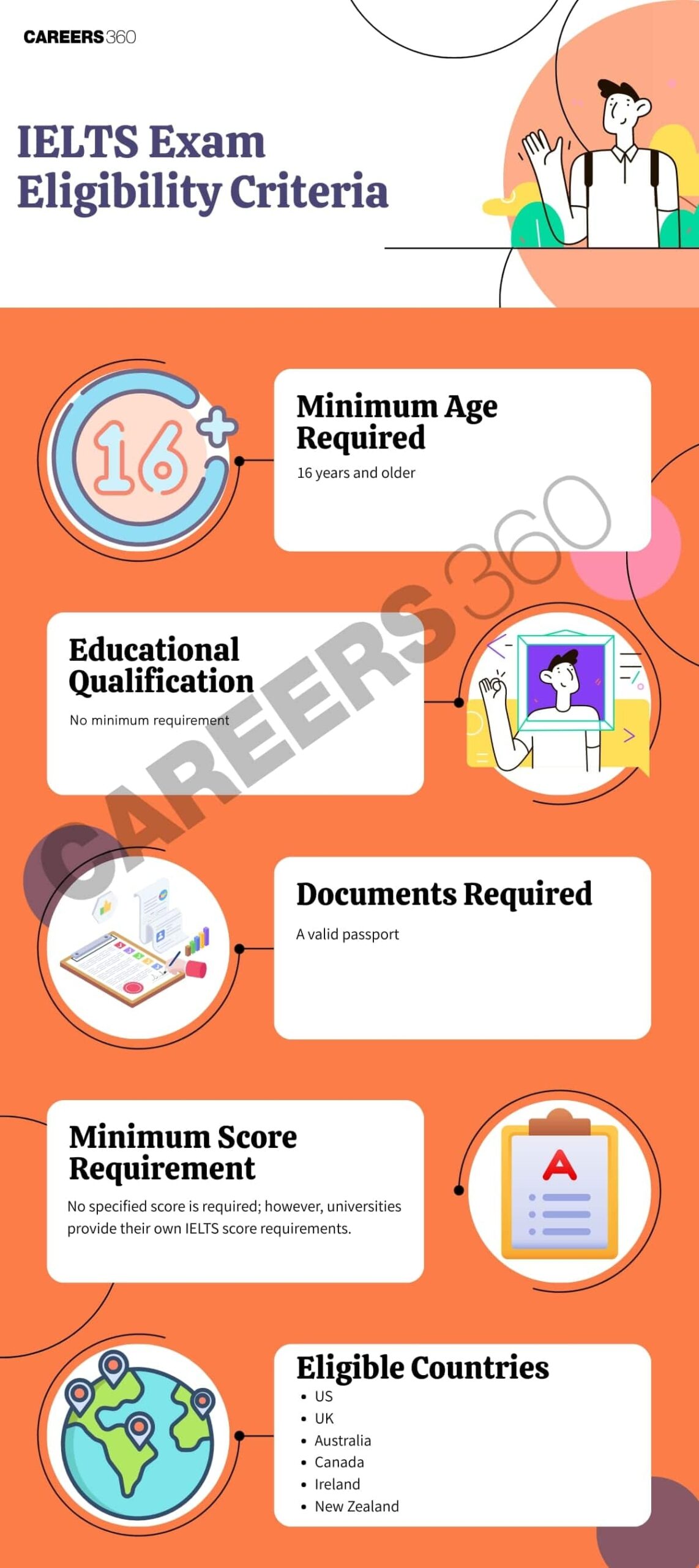Are you considering studying or working in an English-speaking country? If so, you may need to take the International English Language Testing System (IELTS) exam. This exam is widely recognized as a measure of English language proficiency and is used by universities, employers, and immigration authorities around the world.
With over 3 million tests taken each year, the IELTS exam plays a crucial role in determining an individual’s ability to communicate effectively in English. It consists of four sections – Listening, Reading, Writing, and Speaking – and is designed to assess a candidate’s skills in each of these areas.
What is the IELTS Exam?
The IELTS exam is divided into two main types: Academic and General Training. The Academic version is for those who wish to study at a university or college in an English-speaking country, while the General Training version is for those seeking work experience or migration to an English-speaking country.
Each section of the exam is scored on a scale of 0-9, with the overall band score averaging the four individual scores. Many institutions have specific requirements for the minimum band score needed for admission, so it is important to prepare thoroughly for the exam.
Preparation for the IELTS exam often involves taking practice tests, studying vocabulary and grammar, and familiarizing oneself with the format of the exam. Some candidates may also choose to enroll in a preparation course to improve their skills and receive feedback from experienced instructors.
Ultimately, success on the IELTS exam can open up a world of opportunities for individuals looking to study, work, or live in an English-speaking environment. By demonstrating a high level of English proficiency, candidates can enhance their chances of achieving their academic and professional goals.
In conclusion, the IELTS exam is a valuable tool for assessing English language proficiency and is widely accepted by institutions worldwide. Whether you are a student, job seeker, or immigrant, achieving a high band score on the IELTS exam can help you reach your desired destination. So, start preparing today and take the first step towards your future success!
